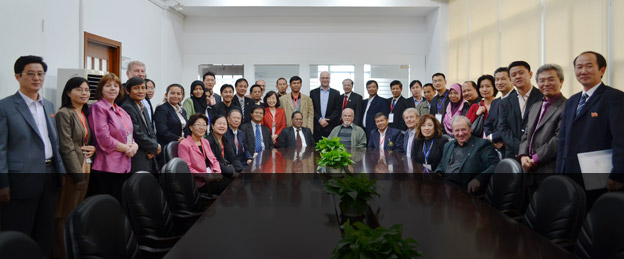Full issue 3
It is widely acknowledged that the world of work is changing. Technical and vocational education and training (TVET), however, largely continues to follow a traditional model developed in the 19th century which used to prepare youth for industrial work. As some economies in the Asia-Pacific are becoming knowledge-based, there is growing recognition of the mismatch between skills taught in TVET and skills needed in the labour markets. As a result, transferable skills are increasingly seen as a missing link between education and training and the world of work.
But what are transferable skills? There are different understandings and conceptualizations of these skills across countries but in general transferable skills refer to a number of important competencies (communication, problem-solving, collaboration skills, etc.) that can be learned and can help people to make transitions between education levels, education and the world of work, as well as within and between sectors. They are non-occupation specific skills that can give workers the comparative advantage in an increasingly interconnected and competitive world of work.



